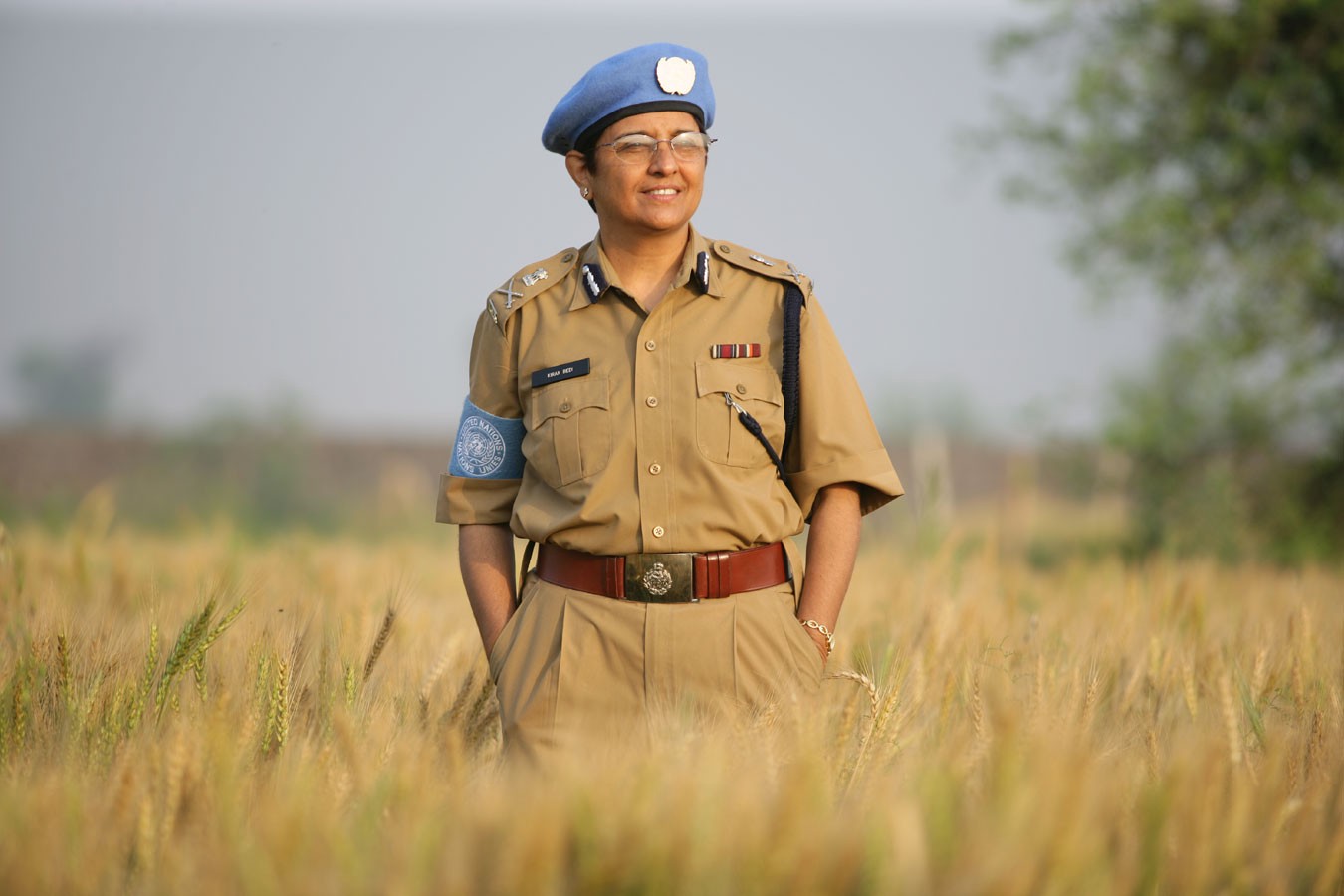A Journey of Triumphs and Challenges Early Life and Rise to Stardom Sania Mirza was born on November 15, 1986, in Mumbai, India, and raised in Hyderabad. From a young age, she showed exceptional talent in tennis, beginning her training at just six years old. Her parents, Imran and Naseema, played a pivotal role in nurturing her talent. By the age of 16, Sania had turned professional, quickly rising through the ranks and becoming the face of Indian tennis on the global stage. Tennis Career Achievements Sania Mirza’s career is adorned with numerous accolades. She became the first Indian woman to win a Women’s Tennis Association (WTA) title in 2005. She reached her highest singles ranking of world No. 27 in 2007. However, it was in doubles that Sania truly excelled, achieving the world No. 1 ranking in 2015. Alongside her doubles partner Martina Hingis, she won three Grand Slam titles: the Australian Open, Wimbledon, and the US Open. Sania’s career is a testament to her skill, determination, and resilience. She has won six Grand Slam titles in total, including three mixed doubles titles. Despite facing numerous injuries and challenges, she continued to represent India with distinction, inspiring countless young athletes across the country. Personal Life and Marriage In 2010, Sania Mirza married Pakistani cricketer Shoaib Malik, in a union that garnered significant media attention due to the high-profile nature of both athletes and the cross-border dynamic between India and Pakistan. The couple welcomed their son, Izhaan Mirza Malik, in October 2018. Their marriage was often celebrated as a symbol of harmony and love transcending borders. Recent Developments and Separation In 2023, rumors of a separation between Sania Mirza and Shoaib Malik began to circulate. Despite the public speculation, both Sania and Shoaib maintained a dignified silence for a considerable period. In early 2024, the couple officially confirmed their separation, marking the end of their 13-year marriage. The separation, while unfortunate, was handled with grace and mutual respect. Sania, always a private individual regarding her personal life, focused on her career, motherhood, and philanthropic activities during this challenging time. She continues to be a dedicated mother to Izhaan and remains committed to her professional and personal responsibilities. Impact and Legacy Sania Mirza’s influence extends beyond the tennis court. She has been a trailblazer for women in sports in India, breaking barriers and challenging stereotypes. Her journey from a young girl in Hyderabad to a global tennis star has inspired many, especially young girls aspiring to pursue careers in sports. Her autobiography, “Ace Against Odds,” published in 2016, offers an insight into her life, struggles, and triumphs, further solidifying her status as a role model. Sania has also been vocal about issues such as gender equality and women’s empowerment, using her platform to advocate for positive change. Conclusion Sania Mirza’s life and career are a testament to her resilience, dedication, and passion for tennis. She has navigated the highs and lows of her professional and personal life with grace and determination. Despite the recent challenges in her personal life, Sania continues to inspire millions with her unwavering spirit and commitment to excellence. Her legacy as a tennis champion and a trailblazer for women in sports will undoubtedly endure for generations to come. 4o
Sushmita Sen
Early Life and Miss Universe Triumph Sushmita Sen, who was born on November 19, 1975, in Hyderabad, India, and became a symbol of strength and inspiration at an early age. She made history by winning the Miss India title at the age of 18 and then the Miss Universe crown in 1994. It was a glorious moment for her nation as she became the first Indian woman to win the Miss Universe title. This was also an early proof of her resilience and determination. Bollywood career and professional challenges After winning Miss Universe, Sushmita turned her attention to Bollywood. The start point of her movie career came with a debut film called “Dastak” (1996). Successful movies like “Biwi No. 1,” “Main Hoon Na,” “Filhaal,” “Samay”, and “Maine Pyaar Kyun Kiya?” were also featured her films even though she had a few professional setbacks and box office failures. Sushmita did not lose focus despite some challenges from her acting profession that included unsuccessful productions. As such, Her abilities as an actress were further honed while receiving lots of respect from others within this industry seen by how far she has come till now. Embracing The Single Motherhood In 2000 she took the brave decision of adopting her first daughter Renee followed by Alisah ten years later in 2010 hence displaying imaginable courage and independence for those single mothers among us out there willing to break with societal expectations imposed on them. A journey Sushmita’s life proves that being a mother without a husband is possible because it is worthwhile to go against cultural norms when you are sure about your own decisions regarding parenthood. Struggles for health and heart surgery In 2014, Sushmita Sen’s life took a different turn when she was diagnosed with Addison’s disease; an illness characterized by inadequate amount of steroid hormones. Despite the physical and emotional strain, she faced the disease head-on. Her fight for good health did not stop there. In early 2023, Sushmita had to undergo an angioplasty due to a heart attack. Her major artery had been nearly blocked at 95% and a stent was inserted to ensure blood flow through it. To recover from these significant health setbacks, she demonstrated her indomitable spirit of hopefulness. A triumphant return with “Aarya” Sushmita Sen made an impressive comeback last year with the web series “Aarya”. The portrayal of a strong-willed woman in the series by her moved critics as well as audience members. Not only did Aarya revive her acting career but it also introduced her to a new breed of followers. This performance was hailed by critics as an affirmation of her talent and versatility. A source of inspiration Sushmita Sen’s life is a powerful story of strength, resilience, and unshakable self-confidence. She has been through many challenges, both personal and professional and still comes out stronger than before. Her ability to overcome the expectations of society, fight serious health issues, and pursue her dreams with all her might makes her an idol to millions. Sushmita encapsulates the spirit of a true warrior and encourages others to confront their trials bravely. Conclusion Sushmita Sen’s journey from being Miss Universe to acclaimed actress as well as a ground-breaking single mother while struggling with grave illnesses mirrors how strong-willedness and belief can make one bounce back above incredibly difficult situations. The narrative seeks to inspire women to recognize their ambitions; deal with obstacles; and live life on their terms. Sushmita Sen is the living embodiment of strength and motivation showing that determination alongside fearlessness in women can conquer whatever they want.
Kiran Bedi: The Face of Social Reform
Championing Justice and Transforming Lives through Unyielding Commitment Kiran Bedi, India’s pioneering female officer in the Indian Police Service (IPS), is renowned for her significant role in social reform. Her groundbreaking career in law enforcement, prison reform, activism, and politics highlights her unwavering dedication to justice and societal progress. Here’s how Kiran Bedi has become a transformative force in advancing social change in India. Breaking New Ground: Kiran Bedi’s Pioneering Role in Law Enforcement In 1972, Kiran Bedi made history as the first woman to join the Indian Police Service. This milestone not only represented a personal triumph but also a major step forward for gender equality in law enforcement. Bedi quickly gained prominence for her commitment to enforcing the law with fairness and integrity. One of her most famous actions was towing away an illegally parked car belonging to a powerful politician. This bold move, which earned her the nickname “Crane Bedi,” emphasized her dedication to accountability and justice, setting a precedent in modern policing. Revolutionary Prison Reform: Kiran Bedi’s Impact on Tihar Jail Kiran Bedi’s most notable contribution to social reform was during her tenure as Inspector General of Tihar Jail. Appointed in 1993, Bedi faced the challenge of overhauling Tihar, a prison notorious for its overcrowding and poor conditions. She introduced transformative reforms focused on rehabilitation rather than mere punishment. Key initiatives included educational programs, vocational training, and the integration of yoga and meditation into the inmates’ daily routines. These reforms not only improved the conditions at Tihar but also contributed to reducing recidivism rates. Her efforts earned her the prestigious Ramon Magsaysay Award in 1994, setting a new benchmark for prison reform in India. Advocacy for Anti-Corruption: Kiran Bedi’s Role in the Jan Lokpal Movement Kiran Bedi’s dedication to social reform also extended to combating corruption. In 2011, she emerged as a leading figure in the anti-corruption movement spearheaded by Anna Hazare, advocating for the Jan Lokpal Bill. This crucial legislation aimed to establish an independent body to address corruption within the government. Bedi’s active participation underscored her commitment to transparency and integrity. Her involvement in this movement highlighted her role as a prominent advocate for clean governance and ethical public administration. Political and Administrative Contributions: Kiran Bedi’s Leadership in Puducherry In 2016, Kiran Bedi was appointed as the Lieutenant Governor of Puducherry, where she continued to influence public administration. Her tenure was characterized by efforts to enhance governance, promote digital literacy, and ensure transparency in public services. Despite facing various political hurdles, Bedi remained focused on advancing public welfare and improving administrative efficiency. Her work in Puducherry reflects her ongoing dedication to effective governance and social reform. Empowering Women and Youth: Kiran Bedi’s Vision for Future Generations Throughout her career, Kiran Bedi has been a staunch advocate for the empowerment of women and youth. She has championed girls’ education, women’s leadership, and youth development. Bedi’s initiatives include promoting mental and physical health through practices such as yoga and meditation. Her commitment to empowering the next generation is central to her broader vision of societal progress, highlighting her belief in education and self-reliance as crucial for driving social change. Conclusion: Kiran Bedi’s Enduring Legacy in Social Reform Kiran Bedi’s career embodies the essence of transformative social reform. From her pioneering role in law enforcement to her innovative work in prison reform and her advocacy against corruption, Bedi has consistently demonstrated a commitment to improving society. Her legacy underscores the importance of visionary leadership and a focus on both systemic issues and individual needs. As a leading figure in advancing social change, Kiran Bedi has shown that meaningful reform requires more than just policy changes; it demands a deep understanding of societal needs and a relentless pursuit of justice and integrity. Her impact continues to inspire future generations to advocate for fairness and equality. Kiran Bedi remains a true embodiment of “The Face of Social Reform.”


